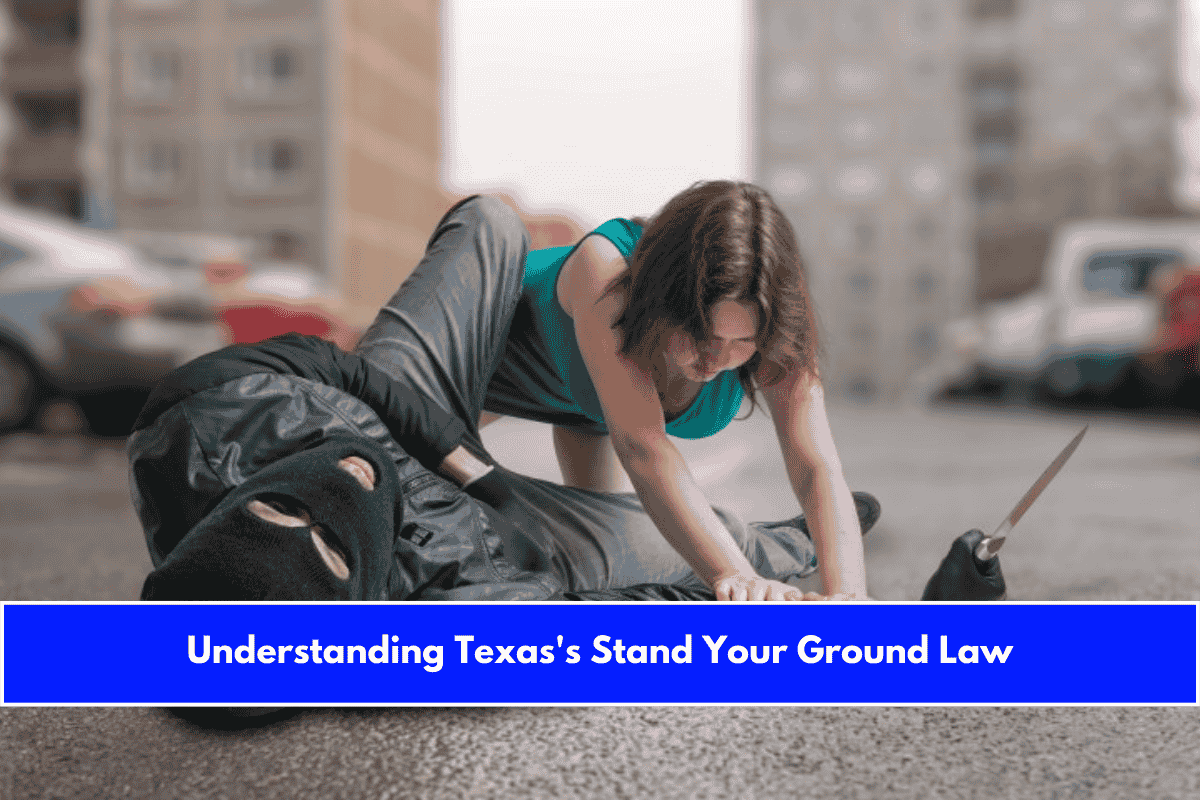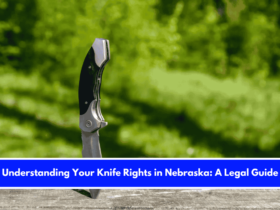Texas is widely recognized for its robust self-defense laws, including the “Stand Your Ground” statute. This law significantly affects how individuals can legally protect themselves, others, and their property when faced with imminent threats.
What Is the Stand Your Ground Law?
Texas’s Stand Your Ground law allows individuals to use force, including deadly force, to defend themselves without any legal obligation to retreat, provided they are in a place where they have a legal right to be.
This law applies not just to homes but also to vehicles, workplaces, and public spaces such as streets and parks. The key requirements are:
- Legal Right to Be Present: The person must be in a location where they are lawfully allowed.
- No Provocation: The person claiming self-defense must not have provoked the confrontation.
- Not Engaged in Criminal Activity: The individual must not be committing a crime at the time of the incident.
- Imminent Threat: There must be a reasonable belief of imminent harm or threat to life or safety.
Proportionality and Reasonableness
The use of force must be both reasonable and proportionate to the threat faced. For example, deadly force may only be justified if the individual reasonably believes it is necessary to prevent serious crimes such as murder, aggravated assault, robbery, or sexual assault.
Using excessive or indiscriminate force, or responding to non-life-threatening situations with deadly force, is not protected by the law and could result in criminal charges0
The Castle Doctrine
Closely related to Stand Your Ground, the Castle Doctrine specifically covers self-defense in one’s home, vehicle, or workplace.
Under this doctrine, individuals do not have to retreat before using force against someone unlawfully entering or attempting to enter these spaces. The law presumes that the use of force is reasonable if someone is unlawfully breaking in or committing certain violent crimes.
Defense of Others and Property
Texas law also allows individuals to use force to defend others or protect property under certain circumstances. The same standards of reasonableness, proportionality, and non-provocation apply. Deadly force may be used to prevent serious crimes or to recover property if there is no other safe way to do so.
Key Limitations
- No Protection for Aggressors: The law does not protect those who start the conflict or provoke an attack.
- No Protection During Criminal Activity: Individuals engaged in illegal acts at the time cannot claim Stand Your Ground as a defense.
- Necessity: Force must be necessary to prevent harm; using force out of anger, revenge, or when the threat has passed is not justified.
Legal Consequences and Challenges
While Stand Your Ground laws offer strong protections, asserting self-defense in court can be complex. The burden is on the defendant to show that their actions met all legal requirements. Evidence such as witness testimony, physical evidence, and police reports is often crucial in proving a self-defense claim.
Summary Table: Texas Stand Your Ground Law
| Requirement | Description |
|---|---|
| Duty to Retreat | None, if lawfully present and not provoking or committing a crime |
| Locations Covered | Home, vehicle, workplace, public spaces |
| Proportionality | Force must match the threat; deadly force only for serious crimes/threats |
| Castle Doctrine | Special protection for home, vehicle, workplace |
| Defense of Others/Property | Permitted under similar standards |
| Key Limitations | No protection for aggressors or those engaged in crime |
Texas’s Stand Your Ground law provides individuals with the right to defend themselves without the obligation to retreat, as long as they act reasonably and proportionately, do not provoke the incident, and are not engaged in criminal activity.
While the law offers robust protections, each case is fact-specific, and misuse or misjudgment can lead to serious legal consequences.
Sources:
- https://sharpcriminalattorney.com/criminal-defense-guides/texas-self-defense-law/
- https://www.thelinderfirm.com/resources/blog/what-are-the-rules-of-self-defense-in-texas/
- https://www.thetexastrialattorney.com/blog/when-is-it-legal-to-shoot-someone/
- https://www.houstoncriminallaw.com/blog/self-defense-or-assault-when-using-force-is-justified-under-texas-law/
- https://austinhageelaw.com/legal-blog/stand-your-ground-law-tx/











Leave a Reply